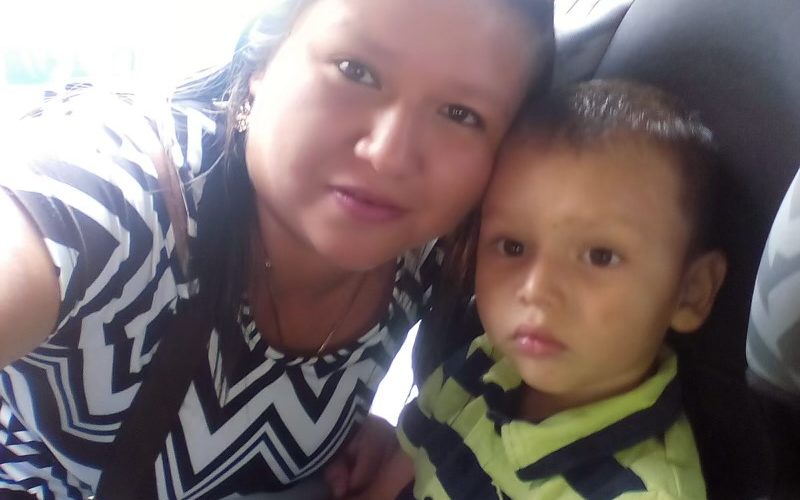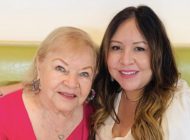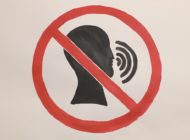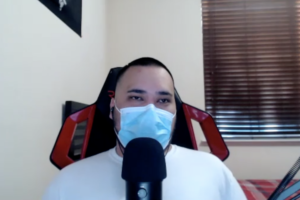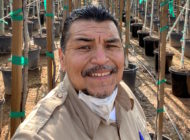Asylum seeker Katherine Rojas embarks in two journeys: seeking asylum along the U.S.-Mexico border and finding help in the U.S. for her son who went through trauma along the way.
By GABRIELA HERNÁNDEZ
EL NUEVO SOL
Katherine Rojas went on a journey from her home in Usulutan, El Salvador to seek asylum in the United States with her then 3-year-old son to escape threats, domestic violence and psychological damage to her son.
“Had I not made that decision, I think I would be dead by now,” Rojas said in Spanish.
Katherine received threats under her door at her home. The threats also said that her son would disappear from the yard of her house. Not only that, but her then husband pushed Katherine and physically hit her. Her son saw the violence, and that added trauma in him.
In El Salvador, Katherine made her living by selling pupusas, but she didn’t live in extreme poverty. Yet, she knew her living conditions were no longer safe for her and her son, so they went on the journey to the United States.
The journey was not easy. While walking through the desert near the border, she would see children and young people go hungry and cold. Some were kidnapped and raped.
Katherine and her son arrived in the United States in May 2017. But at that time, Katherine learned that her son had become more traumatized. He wasn’t speaking much nor as well as the other kids, which was a red flag to her.
So, she went on another journey within their new home: how she could find the right resources and programs to help her son recover from his delayed speech and stuttering?
“Right there, immigration officials helped me get information so that I could get my son in a school that would help him with his speech,” she said. “That’s because he had psychological problems, but since then, he has improved.”
At that time, Katherine got her son connected with a therapist. The therapist said the reason why his speech was delayed was because of the trauma he experienced.
Katherine’s son went through a lot. In El Salvador, her son saw his father hit his mother, and that experience psychologically damaged him. Near the United States, they saw pregnant women cross the border. He and his mom saw smugglers, but they didn’t adequately take care of them. They learned that they had to survive on their own and think on their own to make their journey. They even heard stories of young women being raped by the smugglers themselves. They also heard stories of people who had been deported and would once again migrate into the United States because it was their only way to give their family a better lifestyle due to the poverty in their homeland.
According to a 2017 national report by the El Salvador government, about 1,790,440 of Salvadoran women have suffered some type of violence or larger in their lifetime. By the time the report was created, 899,434 of women were affected, which is about 67 out of 100 women.
“Immigrants do not only struggle on the journey trying to cross the border in the US but they also struggle once they make it to their destination when it comes to trying to seek a job,” said Mariela Sagastume, an immigration attorney. “At times, employers take advantage of them by paying them a very low salary or not paying them at all. Or threaten them that they will not pay them and report them to immigration to get deported.”
Katherine had to get a lawyer to help her get legal advice to seek asylum in the United States. Her family members helped her out on this.
But in the US, it was difficult for Katherine to start from zero. She began working cleaning houses and then went on to do construction work. She has worked hard until today. She is currently a housekeeper living in the west.
Now, her son is six years old and is about to turn seven. His speech has improved since then, and they are now living a better life free of threats and physical abuse.
Tags: border El Salvador Gabriela Hernández immigration trauma







